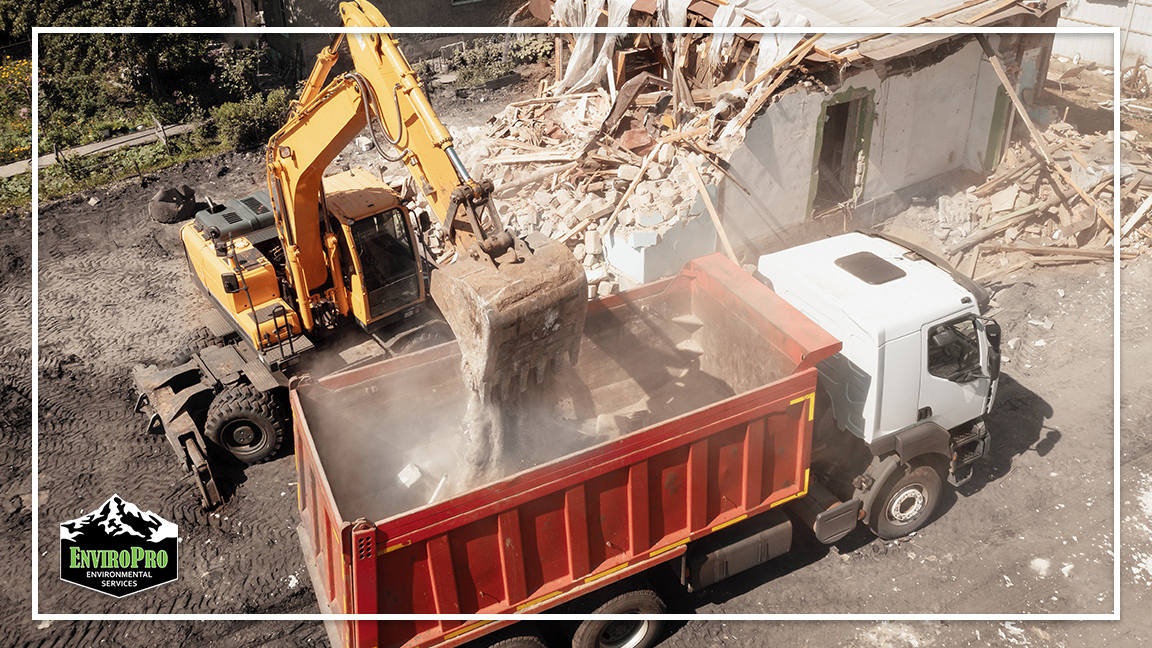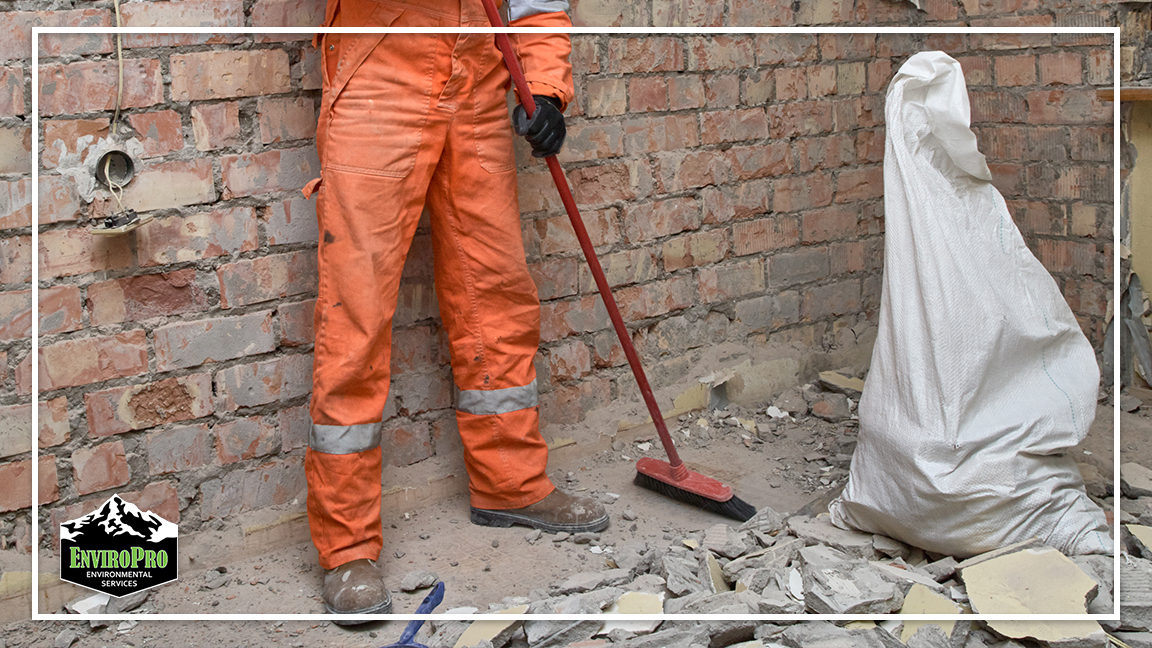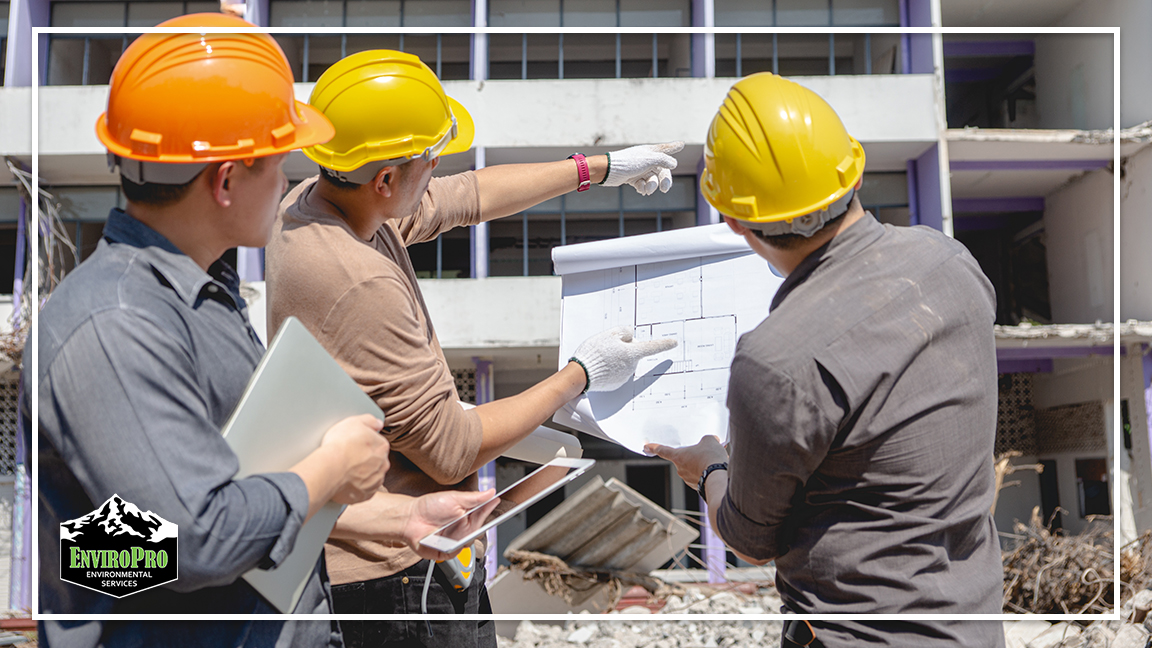
What Is General Demolition?
General demolition refers to the process of demolishing or tearing down a building or structure. This can involve a wide range of tasks, including:
- Site Preparation: This involves clearing the area around the building, removing any obstacles or debris, and preparing the site for demolition.
- Utility Disconnection: All utilities such as electricity, water, gas, and sewage must be disconnected before the demolition process begins.
- Demolition Planning: A detailed plan is developed outlining the sequence of demolition, equipment required, and any necessary permits or approvals.
- Structural Demolition: Demolition of the structure in a controlled manner.
- Debris Removal: Once the building has been demolished, the debris is removed from the site and disposed of properly.
- Site Cleanup: The site is cleaned and restored to its original condition.




General demolition can be a complex and dangerous process that requires careful planning and execution to ensure the safety of workers and the surrounding community. It’s important to work with a qualified and experienced demolition contractor who has the necessary expertise and equipment to carry out the project safely and efficiently.
Properly Disposing Of Hazardous Materials
Proper disposal of hazardous materials is essential to protect public health and the environment. Hazardous materials such as asbestos, lead, mold, and other toxic substances can pose serious health risks if they are not disposed of properly.
The disposal of hazardous materials must comply with local, state, and federal regulations. Generally, hazardous materials must be transported and disposed of by licensed and certified professionals who have the necessary training and equipment to handle and dispose of these materials safely.
Depending on the type and amount of hazardous material, disposal may involve:
Sealed Containers
Transportation in sealed and labeled containers to an approved disposal facility
Landfill
Landfill disposal in a facility designed to handle hazardous waste.

It’s important to note that improper disposal of hazardous materials can result in serious environmental contamination, endangering public health and causing long-term damage to the environment. It is essential to follow all regulations and guidelines for the proper disposal of hazardous materials to ensure their safe and responsible handling.
At EnviroPro, we understand the importance of proper disposal of hazardous materials and adhere to all applicable regulations and guidelines to ensure that the materials we handle are disposed of safely and responsibly. Contact us today to learn more about our commitment to safe and ethical practices in the abatement industry.
